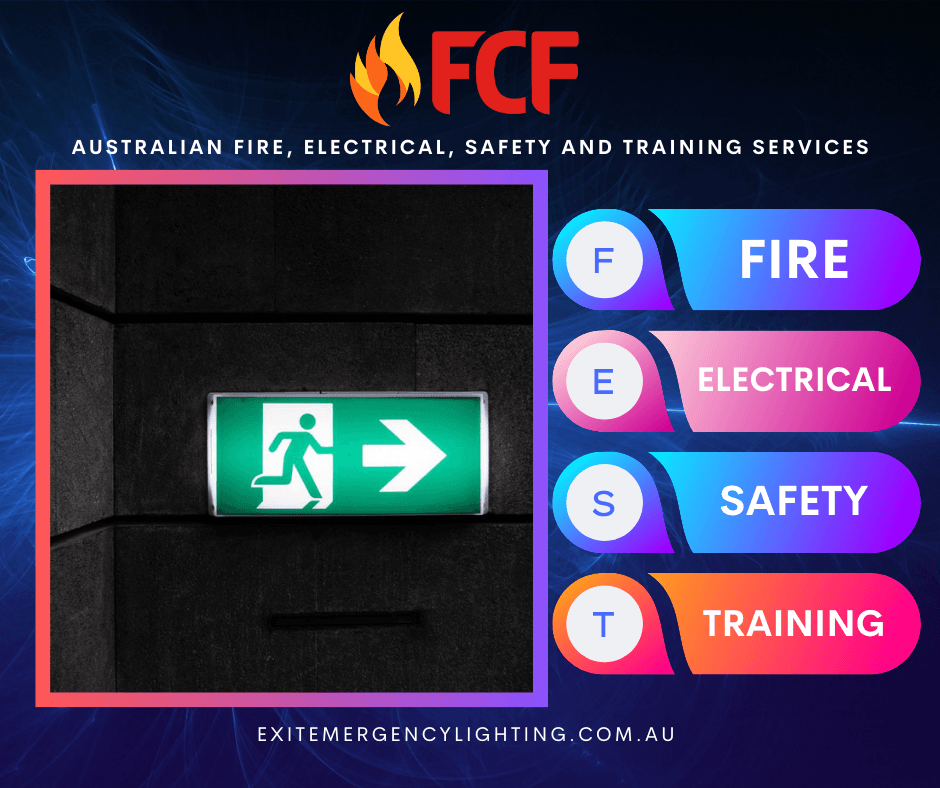A Brief Guide to Fire Detection and Alarm Systems
Fire is actually among the most deadly events possible; anywhere in the world, a fire occurs every minute of each day. While fire is very useful in some instances, it could be our most severe enemy when it is uncontrolled and allowed to continue through a building. Fire is, of course, harmful and destructive, the smoke from a fire creates a toxic, risky atmosphere. Every year, the quick detection of a fire and its control can save millions of dollars in property loss, several thousand lives and thousands of injuries each year.

Fire Detection Systems and occupant Warning Systems are designed to discover fires early in their development when the time will still be available for the safe evacuation of occupants. Early detection also plays a tremendous role in protecting the safety of emergency response personnel. Property loss may be decreased and downtime for the operation reduced through early detection since control efforts are started even though the fire is still small. Many alarm systems provide info to emergency responders on the fire's location, hastening the fire control process.
To be helpful, the detection system must be coupled with Warning System/Alarm systems. The Occupant Warning System provides notice to the building occupants and usually transmits a signal to a staffed monitoring station either on or off-site. In certain instances, alarms could go straight to the fire department, though in most locations this is no longer the regular method. Check this blog for more info about the fire detection system. The field of fire detection has progressed to where smoke detectors and alarm devices have been combined to become life-safety systems. The purpose of an automatic fire alarm system is to detect a fire occurrence, alert the control panel and occupants to take action and notify the emergency response personnel.
How to Choose the Correct System and Where to Start
The type of Fire Detection System and alarm system utilized in your facility must be based upon your fire safety goals. These goals run from a risk assessment of your facility and operation. The tolerance for risk and how much you can afford to lose is a crucial aspect of this process.
When choosing a system, you also should think about the ongoing dedication that will be required over the life of the system. Maintenance, Inspection and testing requirements for these systems are extensive. Meeting these demands over the life of a system typically will cost much more than the first installation.
Remember that there are a number of specialized detection devices designed to boost life safety and minimize the possibility of unwanted or nuisance alarms. It's essential to be aware that most fire alarm and detection systems require periodic care and maintenance. Testing has to be conducted by skilled, competent, and well-trained personnel. A properly installed and maintained system saves lives and reduces property damage. Additionally, there are competent and qualified professionals who can offer valuable assistance in going over the conditions of your operation and provide recommendations and guidance for your needs. If you want help and advice with installing your Fire Detection and Alarm Systems, please visit one of our expert technicians today.
The Significance of Early Detection:
Fires are unpredictable and can escalate swiftly, often with devastating consequences. To mitigate these risks, fire detection systems are deployed as the first line of defense. The importance of early detection cannot be overstated, as it serves several key purposes:
Occupant Safety: Early detection provides occupants with ample time to evacuate safely, reducing the risk of injuries and casualties. It's a fundamental component of any building's emergency preparedness.
Protection of Emergency Responders: Firefighters and emergency response personnel put their lives on the line to combat fires. Early detection ensures that they are aware of the fire's location and conditions, allowing them to work more efficiently and safely.
Property and Asset Protection: Detecting fires in their infancy allows for quicker intervention, potentially limiting property damage. The sooner control efforts begin, the smaller the fire's potential impact.

Types of Fire Detection Systems:
There are various types of fire detection systems, each tailored to specific environments and fire risks. Common types include:
Smoke Detectors: Smoke detectors are perhaps the most recognized fire detection devices. They activate when they sense smoke particles in the air. Smoke detectors are highly effective for early detection in residential and commercial settings.
Heat Detectors: Heat detectors respond to changes in temperature rather than smoke. They are often used in areas where smoke detectors might generate false alarms, such as in kitchens or workshops.
Flame Detectors: Flame detectors are designed to detect the presence of flames, making them suitable for environments with open flames or pilot lights. They are often used in industrial settings.
Gas Detectors: In areas where the risk of gas leaks and subsequent fires is a concern, gas detectors are used to monitor the presence of combustible gases and trigger alarms when detected.
Fire detection systems are the unsung heroes of fire safety, providing early warnings that can make the difference between life and death. These systems, when integrated with occupant warning systems, offer comprehensive protection, ensuring occupants are informed and safe during a fire emergency. Whether in residential, commercial, or industrial settings, investing in robust fire detection systems is an investment in the safety of individuals and the preservation of property. Early detection truly plays a tremendous role in safeguarding lives and assets.

)
)
)
)
)
)
)
)
)
)
)
)
)
)
)
)
)
)
)
)
)
)
)
)
)
)
)
)



